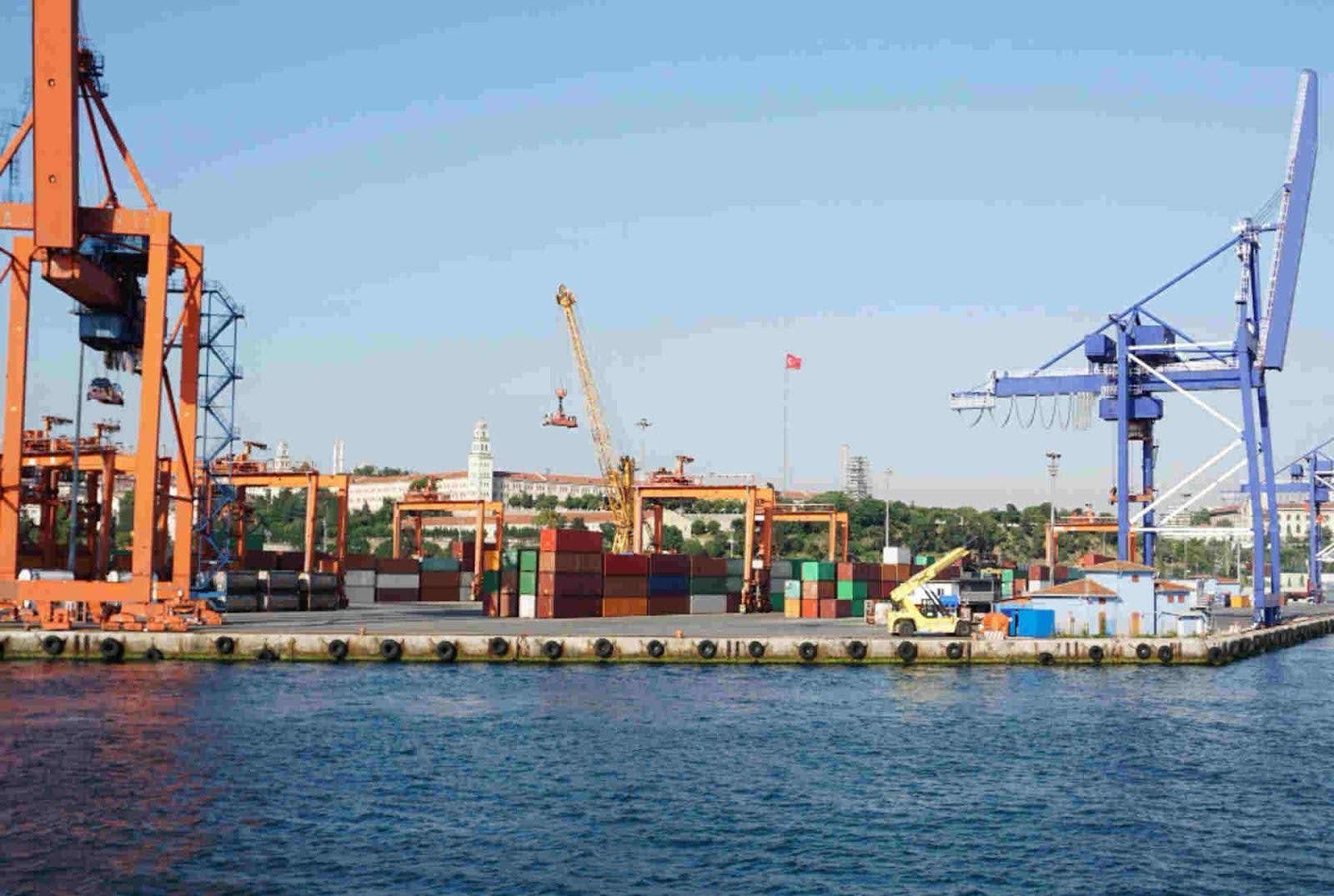business resources
How Singapore Budget Surplus Enables Growth in 2025
27 Jun 2025, 3:11 pm GMT+1
A budget surplus is not new to Singapore. Over the years, this Southeast Asian country has consistently maintained surplus funds after budget allocations. This track record shows Singapore's innovative fiscal management and careful spending habits. The government regularly saves money by controlling expenses while generating substantial revenue through taxes and investments. In this piece, we'll explore how Singapore's budget surplus has become a powerful tool for economic development and why this financial strategy continues to benefit the country's economy.
Singapore’s Economy in H1 2025
Despite global economic uncertainty, Singapore's first-quarter GDP increased by 3.9% year over year. However, ongoing trade tensions, especially between the US and China, threaten Singapore’s export-driven economy. Front-loading to beat US tariffs contributed to increased exports in the manufacturing and services sectors, while local demand remained strong.
Singapore has maintained a steady rise in exchange rate over the years, recently becoming one of the best-performing currencies against the US dollar. Data on Metatrader 4 Singapore shows that the Singapore dollar against the US dollar (SGD/USD) is up 6.42% over the last six months and 6.85% year-to-date.
The country faces challenges from high labour costs, but still maintains a healthy export market. Trade increased by 1.0%, electronics exports increased, and non-electronics exports fell by 3.5%. Imports also decreased to 51,956.89 SGD million in May, down from 55,913.72 SGD million in April 2025.
Singapore’s Budget System: How the Country Achieves Budget Surplus
Singapore is one of the biggest regional economies, having had a fiscal surplus in the last five years. The country will end the fiscal year with a budget surplus of about 2.6 SGD billion. A significant reason is that tax revenues overperformed forecasts, mainly due to an increase in Goods and Services Tax (GST) from 8% to 9% in 2024.
Another reason for the fiscal surplus is prudent management; Singapore’s government spending has stayed on target. Despite forecasts of a 10 per cent increment this year, including the proposed SG60 voucher, new public housing, and other infrastructure, the government will have a surplus, boosting the economy.
According to the Ministry of Finance, Singapore has a “steady stream of returns from investments” of its reserves, Net Investment Returns Contribution (NIRC), which it uses for current spending. Singapore’s prudent fiscal management and balanced budget ensure low taxes and a surplus.
How Budget Surplus Enables Growth
Singapore’s surplus funds have now become a tool to promote economic growth. The country enjoys various benefits of a surplus budget.
Lower Interest Rates
Singapore uses a progressive tax system known for its fairness. Singapore ranks seventh among countries with favorable tax environments. Income taxes are payable annually and can range from 0% to 24% for local and tax residents, depending on the income bracket. Corporate tax is a flat 17%.
In addition to the low tax rates, Singapore offers partial and complete tax exemptions to individuals and companies, including a three-year start-up tax exemption for qualified companies, and tax rebates for all tax residents. The tax advantages are significant for foreign individuals and companies who come to do business in Singapore.
Lower taxes help individuals and businesses scale up by increasing disposable funds and consumer spending. Corporations also benefit from the Development and Expansion Incentive for high-value-added projects, which could take off between 5 per cent and 15 per cent from taxes.

Debt Reduction
Although Singapore's debt-to-GDP ratio is 170 per cent, the country’s finances are stable and well-managed. A budget surplus reduces borrowing and improves fiscal prudence. Considering Singapore’s returns from investing reserves and the disciplined approach to debt management, the country can sustain long-term debt and lower its interest burdens.
Many countries struggle with high debt, using some of their annual revenues to service loans. However, for Singapore, a lower debt frees up money for investments, enables the Monetary Authority of Singapore to lower interest rates, and fosters a more stable economy.
Increased Public Investment
A surplus budget allows the government to invest more in public programs and projects. An example is the Research, Innovation and Enterprise 2025 Plan (RIE2025), which will receive 25 SGD billion (1% of the GDP) over the next five years. RIE2025 will cover research and development in manufacturing, trade and connectivity, human health, and potential.
It will also cover urban solutions and sustainability, Smart Nation, and the digital economy. Singapore will invest in AI, climate change, health, and biomedical sciences research, and 150 SGD million in stormwater management.
Promotes Economic Stability
The government’s support for private sector investments will create a more supportive ecosystem for innovation and growth. This leads to a more stable economy where local and foreign companies thrive. Business competitiveness is vital for local businesses to stay profitable despite foreign competition. Given that US tariffs may resume in July, Singapore’s import-export economy will require reassessment to manage the impact.
With a potential increase in consumer prices from July, the government will deploy every strategy to manage production and export costs, keep local demand strong, and manage exchange rate fluctuations.

A Tool for Economic Growth
Singapore's budget surplus has become a tool deployed for economic growth. The extra funds will stimulate growth, from manufacturing to supporting low-income families. With a healthy balance for 2025, the budget will enable Singapore to seize emerging opportunities and address growth challenges. The budget captures key infrastructure, education, healthcare, and support for SMEs, and will strengthen sustainability for long-term growth.
Share this
Contributor
Staff
The team of expert contributors at Businessabc brings together a diverse range of insights and knowledge from various industries, including 4IR technologies like Artificial Intelligence, Digital Twin, Spatial Computing, Smart Cities, and from various aspects of businesses like policy, governance, cybersecurity, and innovation. Committed to delivering high-quality content, our contributors provide in-depth analysis, thought leadership, and the latest trends to keep our readers informed and ahead of the curve. Whether it's business strategy, technology, or market trends, the Businessabc Contributor team is dedicated to offering valuable perspectives that empower professionals and entrepreneurs alike.
previous
Revolutionising Digital Assets: Dinis Guarda Interviews Baylor Myers, Vice President For Corporate Development At BitGo
next
Turning Fans into Participants: The Blockchain Effect